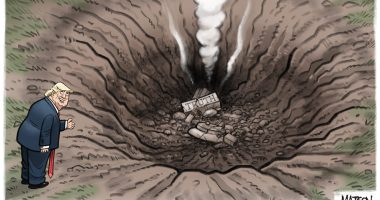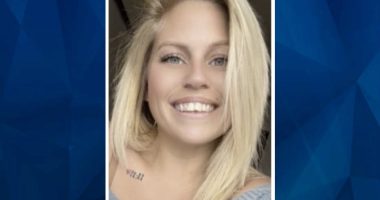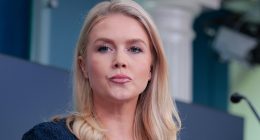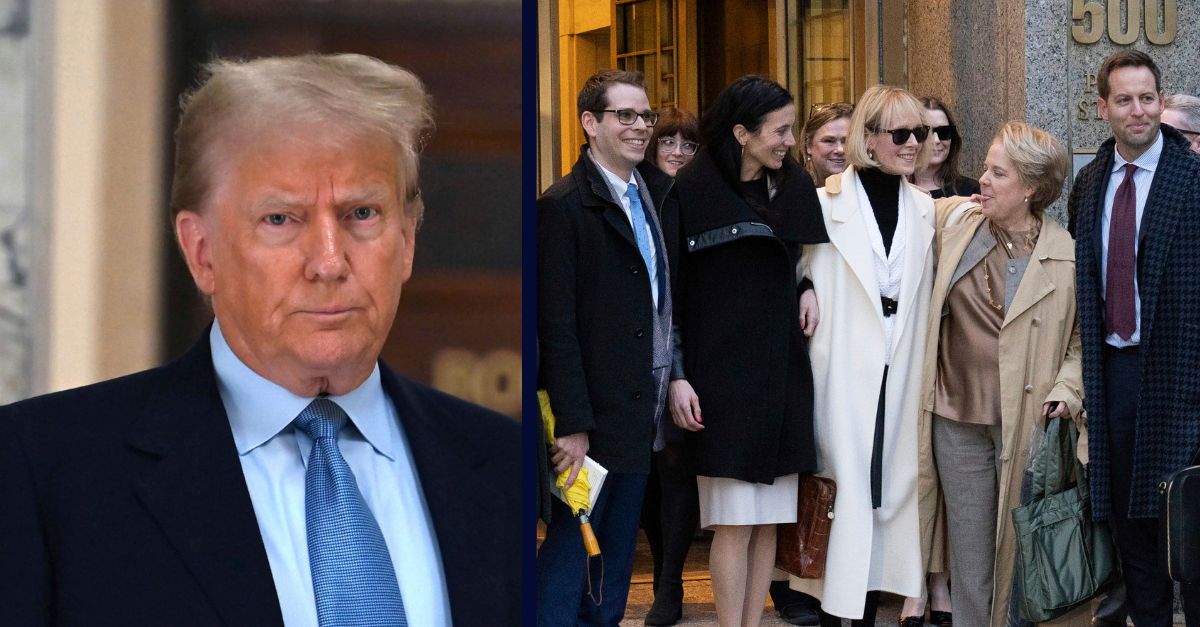
Left: Donald Trump (zz/Andrea Renault/STAR MAX/IPx). Right: E. Jean Carroll leaving the United States District Courthouse poses for a group photo with her legal team after a jury awarded her $83.3 Million in damages (Sipa via AP Images).
In the former president’s appeal of the verdict in E. Jean Carroll’s sexual abuse lawsuit, Donald Trump’s lawyers will appear Friday for oral arguments before a panel of three judges who were each appointed by Democratic presidents, the court’s calendar for the week confirmed.
The U.S. Court of Appeals for the Second Circuit’s website shows the panel includes Senior U.S. Circuit Judge Denny Chin, appointed to the district court by Bill Clinton and to the circuit court by Barack Obama, Senior U.S. Circuit Judge Susan Carney, also an Obama appointee, and U.S. Circuit Judge Myrna Pérez, a Joe Biden appointee.
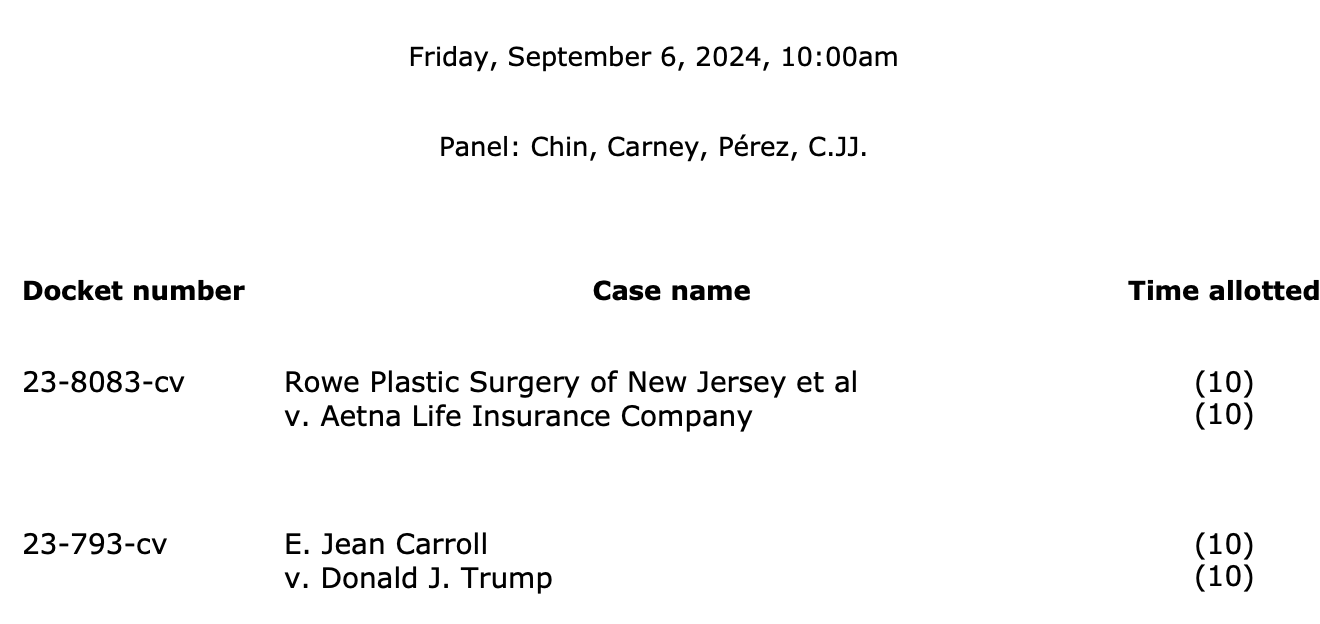
The appeal will be heard Friday at 10 a.m., the court noted.
More Law&Crime coverage: Trump loses second bid to have federal judge removed from ‘frivolous’ Hillary Clinton RICO lawsuit
An opening Trump appellate brief from November 2023 argued that Senior U.S. District Judge Lewis Kaplan “erred” in rulings on evidence he allowed and didn’t allow into the case and “violated President Trump’s substantial rights,” necessitating a new trial in the case known as Carroll II. In that case, a jury in May 2023 found Trump liable for sexually abusing Carroll in the 1990s and for defaming her when denying the allegations decades later while president, leading to a $5 million award in damages (and $83 million more in a second defamation lawsuit known as Carroll I).
The brief called the jury verdict “unjust and erroneous” and based on “flawed and prejudicial evidentiary rulings” that permitted two “lifelong friends” to testify on their “vague recollections” of Carroll telling them about the 1990s Bergdorf Goodman incident, allowed in testimony of Trump accusers Jessica Leeds and Natasha Stoynoff, and allowed in the Access Hollywood recording.
The Trump team also asserted that he was targeted with the Carroll suits due to his “politics.”
“The improper verdict in this case is a gross miscarriage of justice, backed by political operatives long opposed to President Trump and his politics, based on false and unsupported claims by Plaintiff—a woman President Trump has never known and has had no interaction with, other than during a momentary meeting many decades ago captured by a photograph depicting Plaintiff and her then-husband in a receiving line with hundreds of people,” the brief said, acknowledging that Trump has met Carroll.
The brief posed the following three questions to the Second Circuit:
1. Whether the district court erred by admitting evidence relating to alleged acts in the late 1970s and 2005, and other-acts evidence not connected to those alleged incidents, as propensity evidence in support of Plaintiff’s false claim that she was sexually assaulted on a date she does not remember sometime in the 1990s?
2. Whether the district court erred by precluding defense evidence and cross-examination regarding perjury during Plaintiff’s deposition and other matters relevant to the bias and motive to lie of Plaintiff and other witnesses?
3. Whether the cumulative effect of the district court’s errors violated President Trump’s substantial rights and requires a new trial, as Plaintiff emphasized the improperly admitted evidence during jury addresses, the erroneous rulings hamstrung President Trump’s ability to respond, and the court failed to administer appropriate limiting instructions?
In a reply brief from May, Trump lawyers reiterated their view that “highly inflammatory, inadmissible evidence” led to a verdict based on “irrelevant,
prejudicial, and untested allegations of prior bad acts,” quoting a New York Court of Appeals ruling that overturned Harvey Weinstein’s rape conviction in April.
Have a tip we should know? [email protected]



